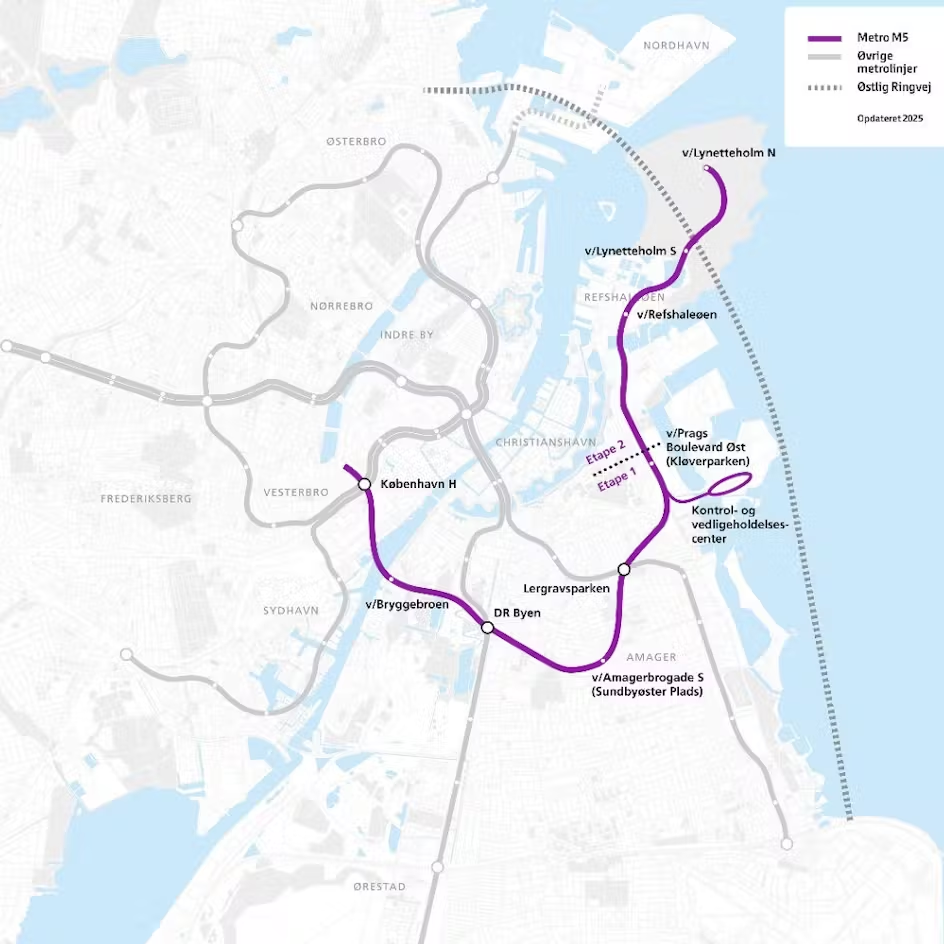A dismal 363 electric cars have so far been sold this year according to the environmental organisation Danmarks Naturfredningsforening (DN).
While the number of sales is no less than the year before, it is far fewer than the 5,000 cars that the government hoped would be sold to contribute to Denmark reducing its carbon emissions.
In a press release, Christian Poll from DN argued that while the numbers are low, they still indicated a positive trend.
“Four years ago it was definitely something for nerds, but today there is a supply of products that people can relate to and that’s why we’re seeing the first stage stage of the switchover right now,” Poll said. “Of course, we want a faster development but there have been many barriers in the way of electric cars. It’s a big step that electric cars are spared the registration fee.”
Poll identified two problems facing electric cars. One is that the 140 kilometre range of the average electric car still puts off some car buyers, despite the range being sufficient for 90 percent of journeys. The second is that smaller petrol cars are becoming ever cheaper and can cost half that of an electric car.
Esben Larsen, a professor at the Technical School of Denmark and an expert in electric cars, added that while sales might be slow, he was sure they will soon increase in popularity.
“I think that realistically it is going to be a slow development," Larsen said. "The technology has come to stay and over a relatively short period of time we will see a shift from petrol technology to electric cars.”
The low number of sales is a blow to the government, which needs more drivers to switch over to electric if they hope to meet their targets for reducing carbon emission by 2050.
To help drivers make the switch, government coalition party Radikale is proposing to mandate that at least a quarter of publicly owned and operated cars be electric by 2015.
“The transport sector contributes a quarter of our carbon emissions and this portion is rising. While we are well on our way when it comes to insulating our homes and producing green energy windmills, we haven’t yet managed to tackle the transport sector,” Radikale’s climate spokesperson Rasmus Helveg Petersen told Ritzau. “We need to put something other than petrol and diesel into our cars if we want to be carbon neutral by 2050 and the proposal to make a quarter of the publicly owned cars [electric] will help that.”















